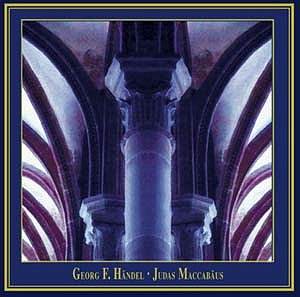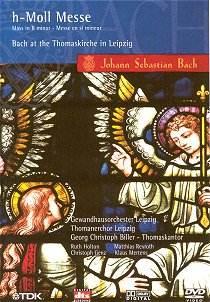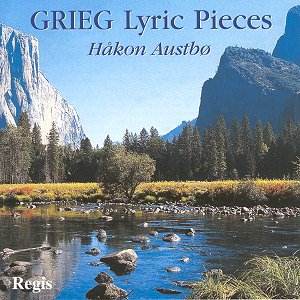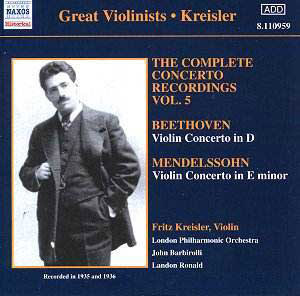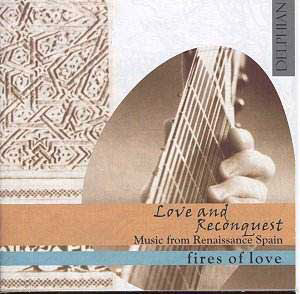 Composer: Love
Composer: Love
Works: Rodrigo Martinez, Ay luna, Nina y vina, Que bonito nino, Virgen digna de honor, A los maytines era, Calabaza, no se, Pasavase, Cancion de emperador, Levante, Pascuel, Qu, es de ti, desconsolado, Hoy comamos y bebamos, Fata la parte, De Antequera ale sl moro, Madonna mia, Fantazia de redoubles, Recercada primera, Fantasia de pasos, Israel mira tus montes, Fantasia que contrahaze, Gentil cavallero, Con Amores, A quand a quand, Mille Regretz
Performers: Fires of Love (Frances Cooper, soprano; Jonathan Hugh-Jones, bass; additional instrumentalists)
Recording: Recorded at Crichton Collegiate Church, Scotland, February 2001
Label: DELPHIAN DCD 34003
The album “Love and Reconquest: Music from Renaissance Spain” presents a rich tapestry of sounds from a pivotal era in Spanish history, one marked by artistic flourishing following the Reconquista. This collection, performed by the ensemble Fires of Love, features a selection of compositions that not only reflect the cultural syncretism of the time but also engage deeply with themes of courtly love and the complexities of identity in post-Moorish Spain. Through the lens of this music, one can explore the intricate relationships between the various cultural influences that shaped Spanish music in the 16th century.
The performances within this collection exhibit a notable diversity of styles, yet they often lack a cohesive narrative thread. The ensemble, composed of four young musicians, brings a youthful energy to the music, particularly in the solos, where soprano Frances Cooper shines with her clear and engaging tone. Her interpretations of Mudarra’s “Israel, mira tus montes” and the religious “Virgen digna de honor” are standout moments that showcase her ability to convey both passion and reverence. However, the performance quality fluctuates; the bass parts, while technically competent, tend to lack the charisma necessary to enliven the more subdued selections. This discrepancy becomes particularly apparent in “Con Amores,” where a more spirited interpretation could have enhanced the charm of the 5/4 rhythm.
The instrumental accompaniments, primarily featuring the vihuela and guitar, are executed with elegance, though they occasionally fall into predictability. The arrangement of “Ay luna” follows a common performance pattern that fails to invigorate the piece, leading to a rendition that lacks the dynamic contrast essential for maintaining listener interest. The vibrant energy expected from the Moorish melodies, such as in “Pasavase,” is often muted, leaving one yearning for a more authentic Spanish vitality. This yearning is amplified when considering the recordings of Jordi Savall, which provide a more authentic and spirited approach to the same repertoire.
From a technical standpoint, the recording quality is commendable, benefiting from the reverberant acoustics of Crichton Collegiate Church. The sound is balanced, allowing for clarity among the voices and instruments, which enhances the listening experience. The accompanying booklet, featuring historical context and translations, adds significant value, providing insights that enrich one’s understanding of the music’s cultural backdrop.
The juxtaposition of the ensemble’s youthful vigor with the historical weight of the material creates a dichotomy that the recording struggles to resolve. While there are moments of beauty and skill, the overall execution does not consistently rise to the standards set by other notable recordings in the genre. The listener is left with a sense of unfulfilled potential; the album, while containing several exquisite moments, ultimately feels like a collection of disparate pieces rather than a cohesive exploration of the themes it seeks to represent. The interpretative choices, while occasionally inspired, often miss the mark, resulting in a performance that, while enjoyable, does not fully capture the rich emotional landscape of Renaissance Spain.
